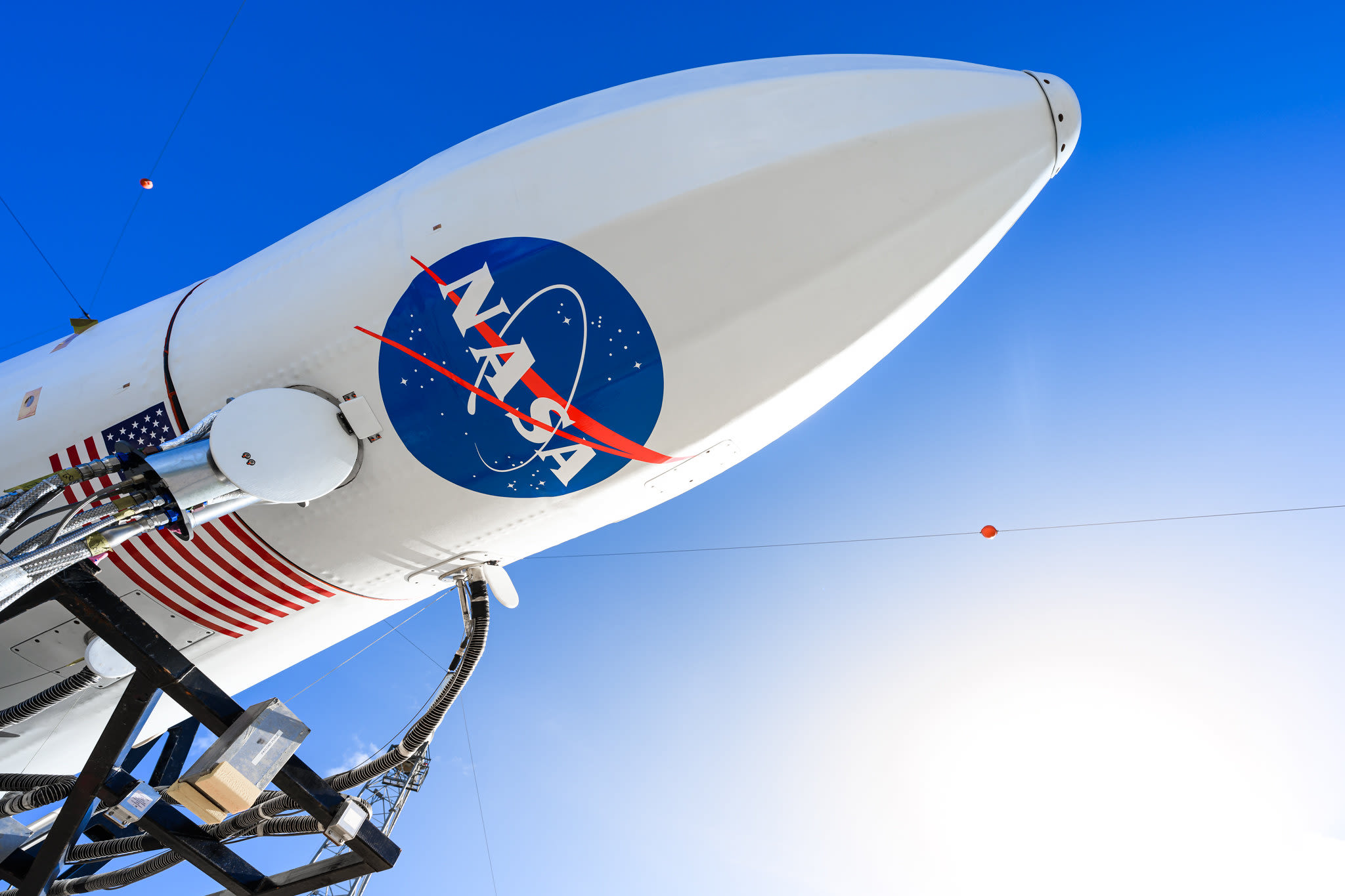Astra shares drop after rocket launch attempt aborted

[The company’s webcast began at 12:00 p.m. ET. Please refresh the page if you do not see the video player above.]
Small rocket builder Astra is attempting to launch its first mission from Florida on Monday, with the company’s vehicle intending to carry cube satellites to orbit.
Astra’s stock was halted for volatility by the New York Stock Exchange after an initial launch attempt at 1:50 p.m. ET was aborted shortly after the engines ignited.
Shares of Astra fell as much as 14% before recovering partially, as the company is examining the cause of the abort and hoping to make another launch attempt on Monday. An abort is part of standard procedure in the space industry when an issue is identified before a rocket launches and does not mean the mission failed.
Astra is launching the ELaNa 41 mission for NASA, carrying four cube satellites with its LV0008 rocket. The window for liftoff opens at 1 p.m. ET and runs until 4 p.m. ET.
This is the company’s first launch from Florida’s Cape Canaveral, with Astra having reached orbit for the first time three months ago with its LV0007 rocket, launched from Kodiak, Alaska.
A close up look at Astra’s LV0008 rocket at LC-46 in Cape Canaveral, Florida.
John Kraus / Astra
Astra’s vehicle stands 43 feet tall and fits in the small rocket segment of the launch market. Astra’s goal is to launch as many as its small rockets as it can, aiming to hit a rate of one rocket per day by 2025 and drop its $2.5 million price point even further.
Notably, for this launch Astra received the first Federal Aviation Administration license under Part 450 – a new space industry framework designed to streamline the regulatory process for companies requesting both launch and spacecraft reentry licenses. Astra said the FAA approval process took about three months. This latest development will “make it easier for Astra to launch at a higher frequency out of more launch sites in the United States,” the company said.
The company partnered with NASASpaceflight — a space industry content organization that is not affiliated with the U.S. agency — to webcast the launch.




